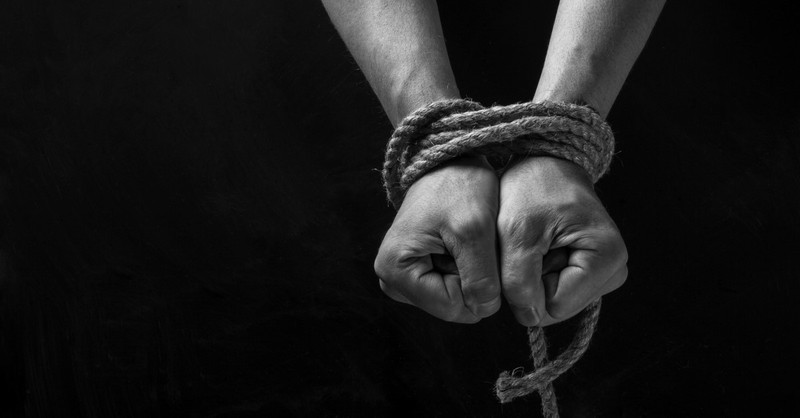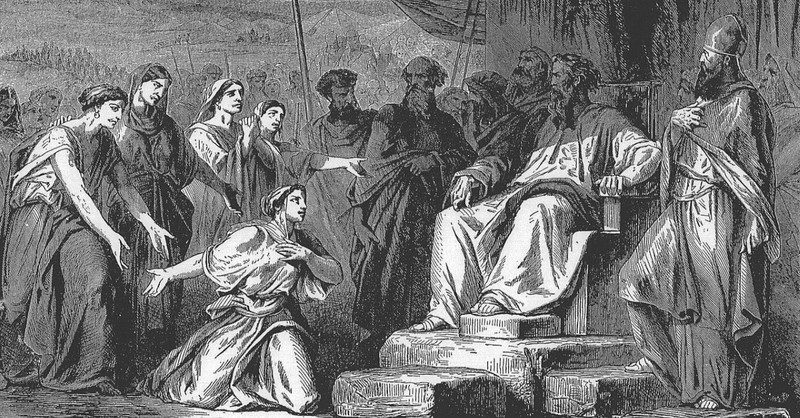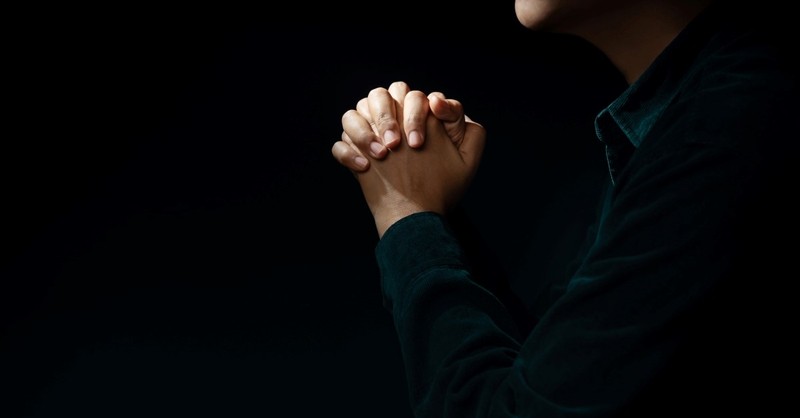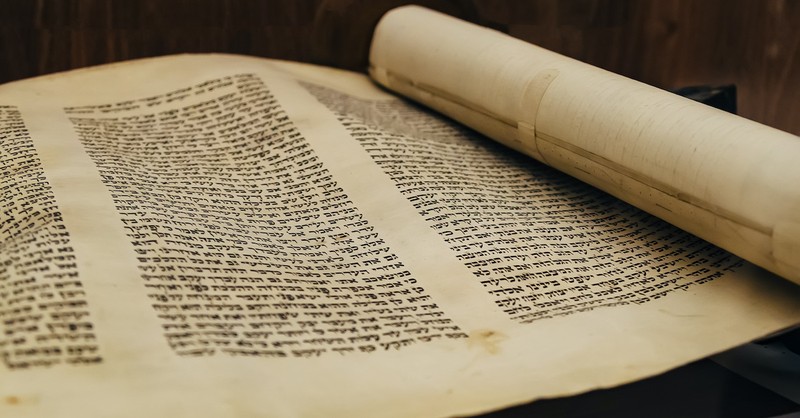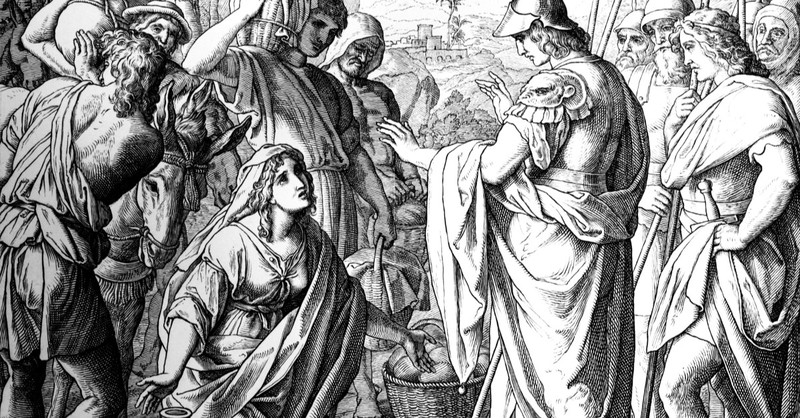Although their story may seem brief, Zelophehad’s daughters possess a powerful narrative that highlights themes of justice, equality, and women’s empowerment in the Bible. As mentioned in the book of Numbers, Zelophehad’s daughters—Mahlah, Noah, Hoglah, Milcah, and Tirzah—find themselves at the center of a legal dispute concerning inheritance rights.
Their father, Zelophehad, had died in the wilderness without leaving any sons to inherit his portion of the Promised Land. In a society where inheritance typically passed through male descendants, the fate of Zelophehad’s inheritance seemed uncertain. Without any male descendants, their father’s portion of land would be lost to others, a symbol of an inheritance in Israel’s covenant with God.
However, rather than accepting the status quo, Zelophehad’s daughters boldly petition Moses, Eleazar, the priest, the leaders, and the whole assembly for their right to inherit their father’s portion of land.
Their courageous stand for justice and equality established a significant legal precedent in Israel. Through divine instruction, Moses affirms the daughters’ claim, stating that they are to receive their father’s inheritance alongside their male relatives upon the condition they marry within their tribe. This ruling ensures that Zelophehad’s lineage is preserved and the law is adjusted to act with more justice for women.
Their courage, determination, and unwavering faith in God’s justice paved the way for greater recognition of women’s rights and dignity within the community of Israel, leaving a lasting legacy of empowerment and equality for future generations.
Photo Credit: Public domain illustration via Wikimedia Commons.

